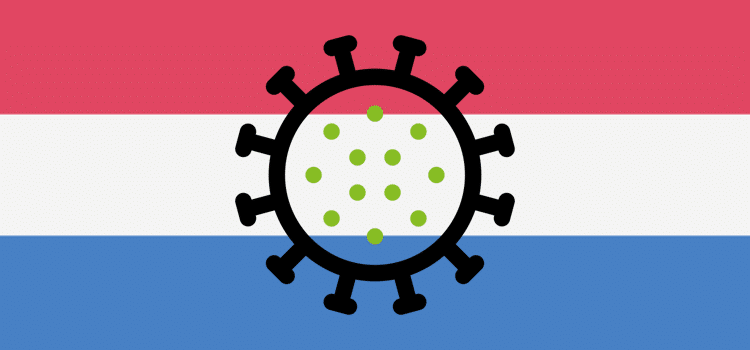To check the real time evolutions concerning international mobility all over of the world, discover the GoWork – COVID-19 Digital Card.
Update: December 15th, 2020
Negative coronavirus test to be required for entry for some travelers
What is the change?
Beginning Dec. 15 at 6 p.m. CEST, travelers arriving from countries not on the European Union’s list of safe countries will have to have negative COVID-19 test results in order to gain entry to the Netherlands.
Key Points:
- Negative test results from a COVID-19 PCR test will be required for entry for passengers coming from countries that are not on the EU safe countries list and who qualify for an exception to travel to the Netherlands.
- The test result must be shown in hard-copy, the test must have been taken no more than 72 hours before entry and must include the name of the traveler, lab information and the date and time of the test. This information must be in Dutch, English, French, German or Spanish.
- Travelers must also submit a signed Negative Test Declaration and a Health Declaration Form.
- Tests are not required from anyone traveling within the EU/Schengen Area. Nor are they required from travelers under the age of 13.
- Dutch citizens, residents and their family members are exempt from the testing requirements. So are cross-border workers, travelers transiting through the Netherlands and a limited number of others. A complete list of exemptions is available here.
- The list of countries on the EU’s safe list is subject to change, but currently includes Australia, Japan, New Zealand, Rwanda, Singapore, South Korea, Thailand and Uruguay. The ban on travel from China will be lifted once China allows entry to EU nationals.
Travelers who have not taken a test before their arrival to the Netherlands will not be allowed entry into the country. Employers and workers should make arrangements to meet entry requirements.
—
Update: March 20th, 2020
Embassies close consular departments
What is the change?
The Netherlands has closed the consular departments of its embassies worldwide in response to the COVID-19 pandemic.
Key Points:
- Consular services are canceled until at least 6 April.
- The government has imposed 30-day travel ban.
Exemptions to this ban apply to:
- EU (including UK nationals), EEA and Swiss nationals and their family members
- Third-country nationals holding a residence card (incl. Highly Skilled Migrant residence permit) or a residence permit in accordance with Directive 2003/109/EC (LTR Directive)
- Third-country nationals who derive their right of residence from other European Directives (e.g. Blue Card, ICT Directive residence permit) or from the national law of a Member State
- Holders of a long-stay visa, including persons with a temporary residence permit (MVV)
- Note: the MVV exemption is under discussion with the relevant authorities.
- Essential staff
Full travel bans apply to flights departing from:
- China (incl. Hongkong)
- South Korea
- Iran
- Italy
The Netherlands decision to enforce the travel ban follows the European Union Member States’ recent agreement to halt most travel to the EU for 30 days.
Employers must be prepared for significant disruptions to employee mobility and should anticipate further restrictions. The response to the COVID-19 pandemic continues to develop, and Deloitte will provide additional updates as information becomes available.

